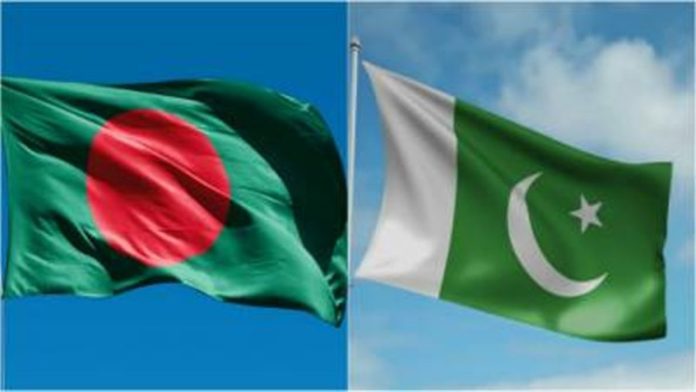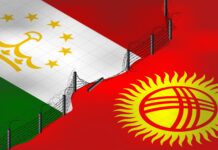Pakistan has lifted all restrictions on visas for Bangladeshi citizens and says it is now waiting for Dhaka to do the same.
“Pakistan has already removed all restrictions on Pakistani visas for Bangladeshi citizens,” said a statement by the Pakistan High Commission in Bangladesh after a meeting between Pakistani High Commissioner Imran Ahmed Siddiqui and Bangladesh’s State Minister for Foreign Affairs Md Shahriar Alam on Thursday.
“The two sides agreed to intensify bilateral contacts at all levels,” the statement added.
Siddiqui said: “Bangladesh’s restrictions on Pakistani nationals are still in place, and that is why I informed the state minister that we have already lifted all bars from our side,” he said.
In a separate statement by the Bangladesh foreign ministry, Minister Alam was quoted as saying: “We look forward to engaging with Pakistan.”
Alam also urged Pakistan to grant access to more Bangladeshi products by utilising the existing South Asia Free Trade Agreement (SAFTA) provisions, relaxing the negative list and removing trade barriers. “The current trade balance tilts towards Pakistan,” he said.
Alam also urged Pakistan to offer an official apology “for the genocide committed in the Bangladesh Liberation War of 1971.”
Subscribe to our newsletter and stay updated on the latest news and updates from around the Muslim world!
Bangladesh, former East Pakistan, gained independence after a bloody war in 1971 over popular resentment against power being concentrated in West Pakistan.
Bilateral relations between the two nations have remained tense since, but reached a peak in 2009 when Bangladesh established a tribunal to prosecute those accused of war crimes in 1971.
During the war, the country’s largest Islamist party had sided with the Pakistani military in a bid to prevent the breakup of the country.
India, Pakistan’s regional rival, had supported the Bangladeshi fighters for independence.
But analysts say Bangladesh began seeking closer relations with Pakistan over India’s “partial attitude” recently, including monopoly control over shared rivers, killings of unarmed Bangladeshi civilians on the borders, and the passing of the controversial Citizenship Amendment Act (CAA).






















